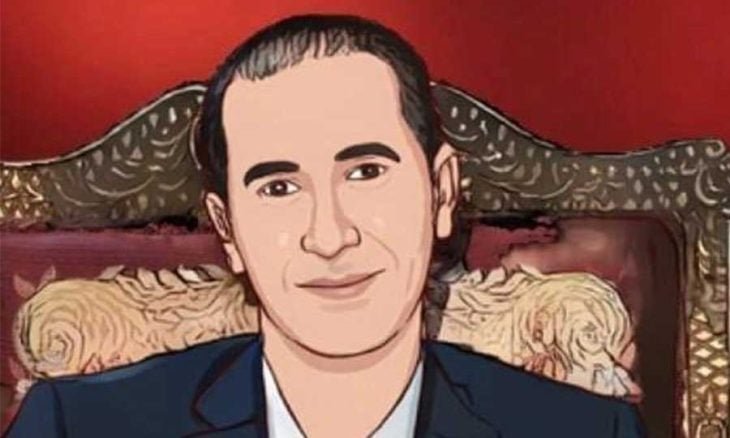Deterioration of the Health of Activist Sahar Al-Khawlani
Al-Qadari began by addressing a report published by Yemen Today titled “Deterioration in the Health of Human Rights Activist Sahar Al-Khawlani Due to Torture in Houthi Prisons.” He referred to reports indicating that the activist suffers from severe physical and psychological problems caused by systematic torture, which led to her transfer to the Central Prison Hospital in Sana’a.
During a televised appearance on the program Today’s Press on Yemen Today TV, dated November 29, 2024, human rights activist Nasser Al-Qadari, head of the Yemeni-Dutch Center for Defense of Rights and Freedoms, discussed key topics highlighted in local, regional, and international newspapers regarding the situation in Yemen.
Al-Qadari emphasized that such practices are not new for the Houthi militia, which routinely abducts journalists and human rights activists and commits severe abuses against detainees, including those forcibly disappeared. He noted that the Houthis frequently evade international accusations by framing UN employees or local opponents as traitors or spies.
Weak Mechanisms for Releasing Detainees
He highlighted the weakness of efforts to secure the release of detainees, attributing this to the Houthis’ refusal to allow international representation or monitoring in areas under their control. Al-Qadari explained that the Houthis use accusations of treason and espionage to intimidate citizens, thereby undermining international oversight and increasing the prevalence of crimes against the Yemeni people.
Deteriorating Living Conditions and the Potential for a Hunger Revolution
Commenting on a report by Al-Muntasaf newspaper about growing public discontent in Houthi-controlled areas, Al-Qadari noted that the militia seizes humanitarian aid provided by international organizations and sells it on the black market. This practice exacerbates the suffering of the Yemeni people while enriching the Houthi leadership.
He predicted that these dire living conditions might spark what he called a “hunger revolution,” foreseeing a popular uprising as early as the beginning or middle of next year due to worsening poverty and starvation in Houthi-controlled regions.
Tribal Protests and Their Role in Yemen’s Future
Al-Qadari also addressed recent protests and sit-ins in Sana’a demanding that the Houthis hold accountable those responsible for the killing of tribal leader Sheikh Sadiq Abu Sha’ar. He explained that tribes have historically played a crucial role in Yemen’s social and political landscape. However, the Houthis marginalized this role, using tribes as tools for settling scores, leading to increasing discontent among tribal leaders.
He noted that the monopolization of power by certain Houthi families has fueled tribal resentment, creating the foundation for a potential tribal uprising that could occur soon, signaling the erosion of Houthi control over the state.
Conclusion
Al-Qadari concluded by stressing the importance of coordinated local and international efforts to pressure the Houthis, expose their violations on the global stage, and restore the rights of the Yemeni people.


